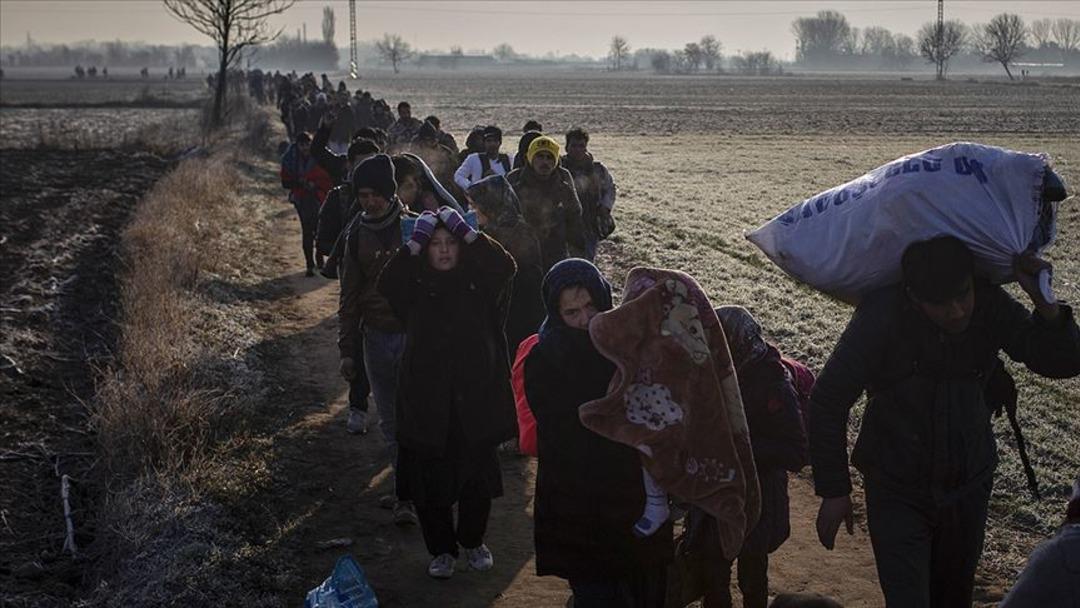Hungarian Minister of Internal Affairs Sandor Pinter and Brunner, the member of the EU Commission responsible for internal relations and migration, made a press statement after the meeting of the justice and interior ministers of the EU countries in Brussels.
“NOT POSSIBLE RIGHT NOW”
Brunner stated that the situation in Syria, where the Assad regime was overthrown, “is quite variable” and that under the current conditions, it is “not currently possible” to forcibly send Syrian refugees living in EU countries.
“FIRST STEP VOLUNTEERING”
Explaining that they are closely following the developments in Syria and the border regions, Brunner said:
“For now, the situation is quite fluid. I can say that there are opportunities on the one hand, and risks on the other. Although the transfer of power has been quite peaceful so far, we know very little about the direction and approach of the new actors. Therefore, for now, this is for Syrians living in the member countries and the whole region.” I can say that it is very difficult to draw concrete conclusions about what it means. I can say that there are celebrations among the Syrian diaspora all over Europe. To me, this actually shows that the focus should be on voluntary returns as a first step, but for now forced returns are possible. “I can say that it is not.”
“IT’S STILL TOO EARLY”
Emphasizing the need to be careful about forced returns, Brunner said, “Because we do not yet know what the situation will be and how the new government or new leaders will behave and what they will do in the coming weeks, days, months. So, it is too early to decide on this issue.” made his assessment.

“Do you think there should be some financial incentives for Syrians who want to return to their country and would the EU Commission cooperate with member states that want to provide financial incentives?” Brunner said, “My answer is yes. I think we should support voluntary returns. As for the money, my answer is yes.” he replied.
After the overthrow of the Assad regime, the debate on “returning Syrians” began in Europe. Many European countries, including EU members, had announced that they would review their asylum practices and that they were considering suspending or suspending the pending asylum applications of Syrians.
Source: AA
